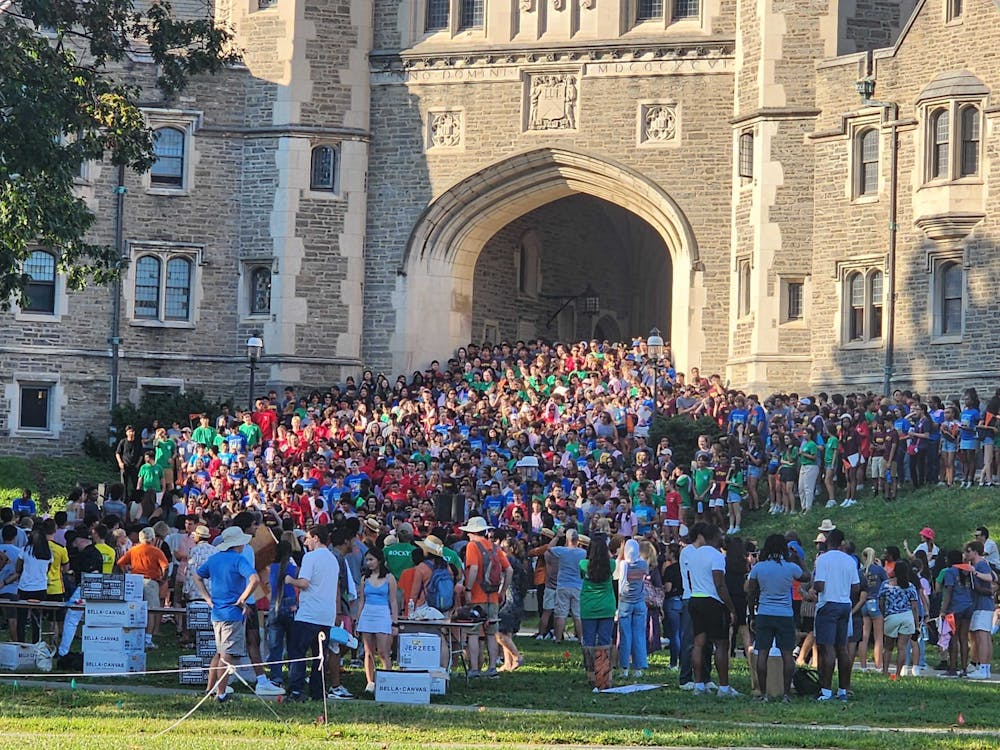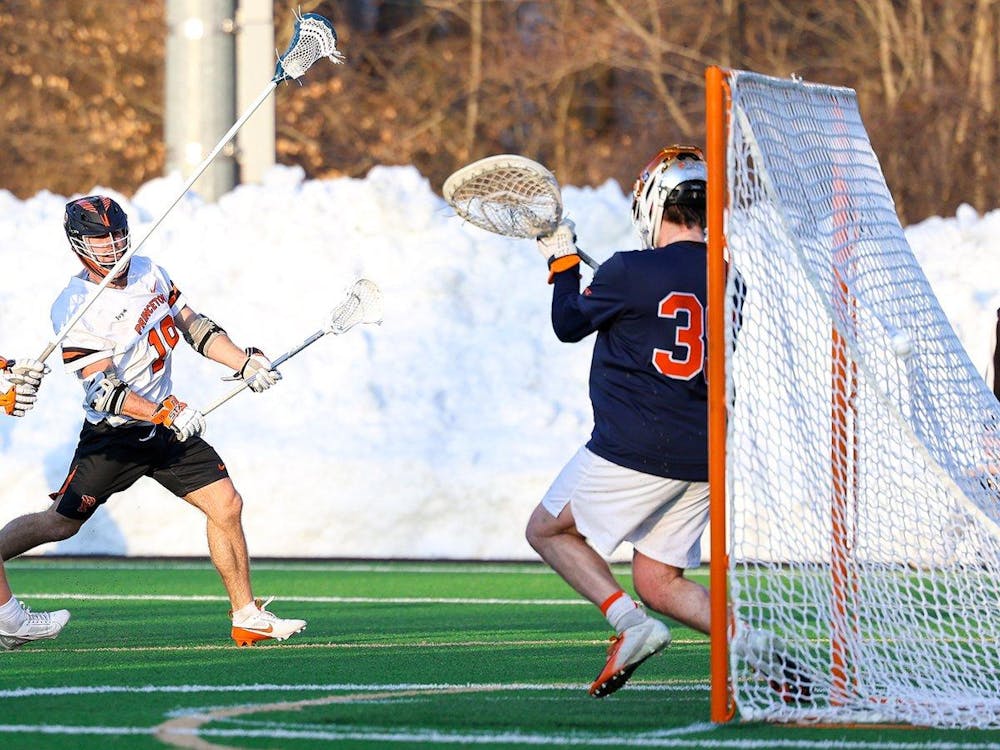University President Christopher Eisgruber ’83 invited the Class of 2028 to come up with a “rebranding” of the term “liberal arts” in his remarks to incoming first-year students at Opening Exercises on Sept. 3.
In the past decade, polls show that Americans have generally lost confidence in higher education. Many “liberal arts” educations have experienced criticism for curriculums that may not necessarily prepare students for the workforce.
Eisgruber recounted a conversation he had with a public opinion pollster, who told him that universities need to “stop talking about liberal arts.” The public, the pollster said, misunderstands “liberal” to mean “left wing” and thinks that the “[a]rts are impractical, meaning that colleges should ‘rebrand’ the term “liberal arts.”
“Rebrand liberal arts education? Possible, I suppose,” Eisgruber said. “What would we call it?”
He jested that “future oriented leadership education” could more accurately describe the liberal arts that, in his view, enable students to approach a diverse range of challenges and problems.
He cited Dr. Fei-Fei Li ’99, the author of this year’s Pre-Read, “The Worlds I See: Curiosity, Exploration, and Discovery at the Dawn of AI.” Li’s Princeton electives in art history, psychology, and neuroscience, he noted, all contributed to her career leading Stanford University’s Human-Centered AI Institute, which unites various academic disciplines to research and guide AI’s impact on humans and society.
Eisgruber said that recently-departed Dean of the College Jill Dolan had referred to the liberal arts as “education for citizenship,” allowing a student to participate in “all facets of public and private life.” He remarked that the definition was “too narrow,” and that the liberal arts should be valuable not just for citizenship, but “for its own sake.”
“Maybe I can rebrand the liberal arts education as something ‘transcendent,’” he said, referring again to Li. In her book, Li described how Princeton’s library collections made her feel that she was “in the presence of something ‘transcendent.’”

“I expect the pollsters will tell me that transcendence sounds impractical. They are wrong,” Eisgruber said. “I think transcendent education is truly practical in the best and most important way, because it helps us to be fully human.”
Correction: This piece was updated to correct a quote from University President Christopher Eisgruber.
Elisabeth Stewart is an assistant News editor for the ‘Prince.’
Please send corrections to corrections[at]dailyprincetonian.com.









